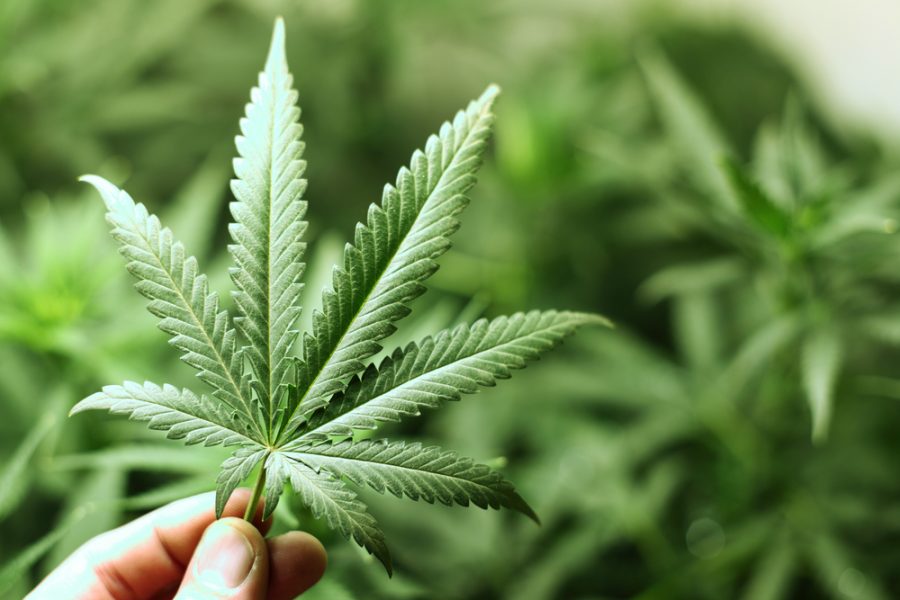Study: Medical cannabis lowers opioid intake in chronic back pain patients
Could medical cannabis be used as a suitable treatment for chronic back pain? A new study explores this subject matter with promising results.
A total of 186 patients who suffer from chronic back pain participated in the study. Each of the patients was considered a suitable candidate for medical cannabis use.
According to the outcome, medical cannabis use reduced the rate of opioid prescription among patients with severe back pain.
The researchers who recently published their findings on the National Library of Medicine website claim that the federally illegal substance harbors enough power to improve pain and disability scores in patients with chronic back pain.
Cannabis for chronic back pain: How was the study carried out?
Metrics favored for the assessment of lower back pain included Oswestry Disability Index (ODI) scores, numeric back pain intensity, numeric back pain frequency, numeric leg pain frequency, numeric leg pain intensity, visual analog scale (VAS) back pain score, VAS right leg pain score and VAS left leg pain score.
Analysts weighed up the standard morphine milligram equivalent (MME)/day of opioid prescriptions filled within the six months before medical cannabis use against the average MME recorded six months post-certification.
At three, six and nine months after medical cannabis was consumed, study subjects were asked to complete pain and disability questionnaires.
Cannabis for chronic back pain: Study summary
A group of physicians were carefully selected for this study into cannabis for chronic back pain. Each physician had attended a four-hour continuing medical education (CME) course.
Physicians also applied for practitioner status with the Pennsylvania Department of Health.
Patients who began medicating at 15 MME/day and patients who started using morphine at more than 15 MME/day shrank their intake from 15.1 to 11.0 at three months, 3.5 to 2.1 at six months and 44.9 to 33.9 at nine months.
During the follow-up, patients reported better pain and disability scores.
Although opioids are still used as the prescription of choice for a wide range of medically-diagnosed conditions, including pain and addiction, health professionals continue to battle with opioid abuse.
Opioids are widely associated with dose dependency, addiction, overdose and, in many cases, fatalities. In fact, a staggering three quarters of fatal overdoses that occurred across the U.S. in 2020 were related to opioids.
Due to the dangers of opioids, alternative chronic pain therapies are necessitated to reduce the chances of a negative outcome. While medical cannabis is fast being recognized as a treatment option for adults who suffer from chronic pain, more research is needed to better understand its efficacy.
As of 2021, medical cannabis use is regulated in 37 states, the District of Columbia, Guam, Puerto Rico and the U.S. Virgin Islands.








